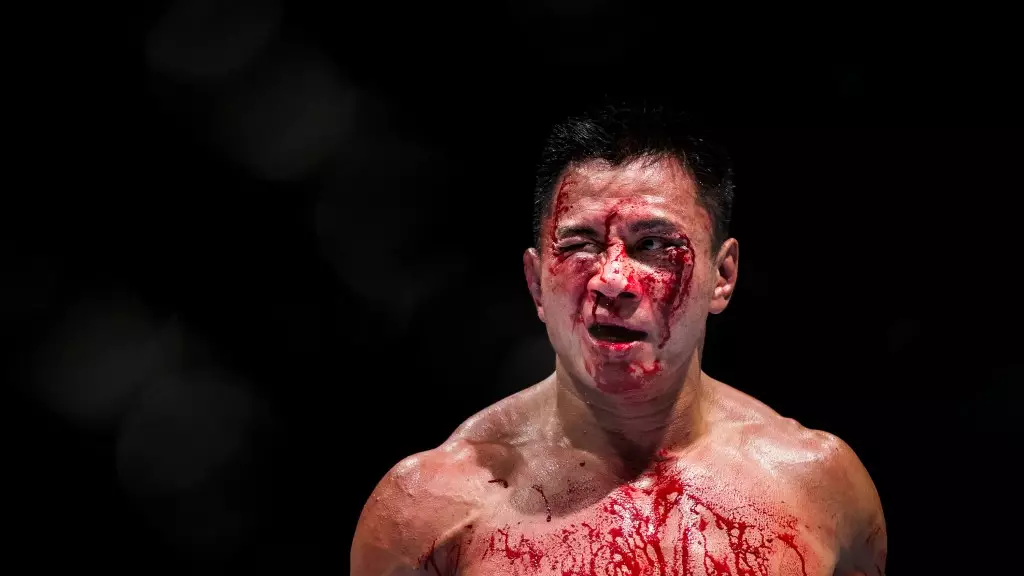In the world of mixed martial arts, where champions are celebrated and fighters are revered for their resilience, a significant portion of athletes faces harsh realities after their careers end. Over fifty former UFC fighters have recently united to submit letters advocating for a proposed $375 million settlement in the ongoing Le vs. Zuffa antitrust class-action lawsuit. This recent action highlights not only the financial burdens these athletes carry but also their grave concerns regarding mental and physical health following their careers in the demanding arena of professional fighting.
The fighters’ letters emerge as poignant narratives, illustrating the struggle for livelihoods after their time in the octagon. Many former competitors have shared testimonies that reveal the dire aftermath of a life spent in relentless competition. Financial hardships, lingering injuries, and even mental health issues such as depression and anxiety emanate from their stories. Their appeal for settlement underscores the necessity for immediate financial relief rather than the uncertain outcomes of prolonged trials.
The Proposed Settlement: Immediate Relief or Long Wait?
The proposed $375 million agreement was filed shortly after U.S. District Judge Richard Boulware denied an initial settlement offer of $335 million, which had encompassed the Johnson vs. Zuffa case as well. This change narrows the focus solely to the Le case, illustrating a strategic shift aimed at maximizing benefits for the fighters involved. Many are adopting a pragmatic approach, opting for a sure, albeit smaller, recovery rather than risking lengthy litigation that may yield no payout.
In the letters submitted by these athletes, a recurring sentiment resonates: “A bird in the hand is worth two in the bush.” The overwhelming desire for immediate financial assistance over uncertain future prospects significantly highlights the urgency of their situations. The potential for a quicker resolution is less daunting compared to protracted legal battles that may lead to no compensation at all.
Among those who penned heartfelt letters is Wanderlei Silva, a figure revered within the UFC community. Silva voiced grave concerns regarding traumatic brain injuries sustained during his fighting career, revealing symptoms commonly associated with chronic traumatic encephalopathy (CTE) such as mood swings and depression. Silva’s undeniable legacy as a fighter is now shadowed by fears of long-lasting health impacts, emphasizing the darker side of the sport that often goes unnoticed.
Diego Sanchez, another notable former champion, echoed similar sentiments, detailing his post-UFC battles with financial instability and mental health challenges. His reflections on the difficulty of daily life post-fighting highlight the struggles beyond fame, reminding readers that each warrior’s journey has inevitable lows. Likewise, Todd Duffee shared his own painful narrative regarding the undue suffering he endured following what he described as unfair characterizations by UFC leadership, which has hindered his prospects beyond fighting. These accounts serve to underline how critical the circumstances of fighters are well after their last bout, stressing the importance of this settlement not merely as financial restitution, but as acknowledgment of their sacrifices.
As the settlement proposal heads to the courtroom, the stakes for both the fighters and the organization are high. The agreed-upon sum, once approved, will be allocated based on fighters’ earnings and the number of bouts they participated in during the specified class period. Each claimant is set to receive a minimum of $15,000, a sum that is likely critical for many given their post-career conditions. This financial injection, if approved, has the potential to alleviate some immediate burdens for former fighters who have often been left behind after the spotlight dims.
However, the looming specter of Judge Boulware’s decision also raises questions. If the settlement is declined, the case may proceed to trial, involving lengthy and complex legal processes that could further exhaust the fighters both financially and mentally. The prospect of navigating through a drawn-out legal battle adds another layer of anxiety for these individuals who have already suffered for the sports they loved.
The united front of former UFC fighters backing the Le vs. Zuffa settlement exemplifies the ongoing struggle for recognition, respect, and reparations for athletes who have dedicated their lives to a grueling profession. As they recount their trials and tribulations, the urgency of their pleas emphasizes a call for systemic change in how fighters are treated long after their careers conclude.
This scenario sheds light on the often-overlooked aspect of professional sports — the long-term implications of physical and psychological tolls taken on athletes. As this legal battle unfolds, it carries with it broader implications for the sport, potentially paving the way for improved standards and protections for fighters moving forward. The journey towards resolution is filled with uncertainty, but the collective voice of these fighters stands as a crucial step towards acknowledging their sacrifices and navigating a pathway for sustainable change in the world of mixed martial arts.

